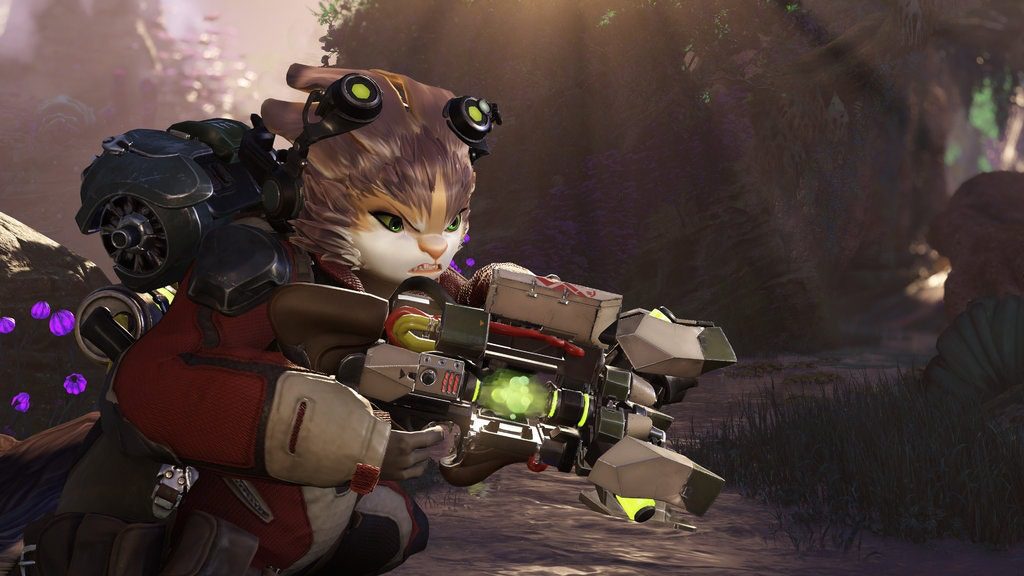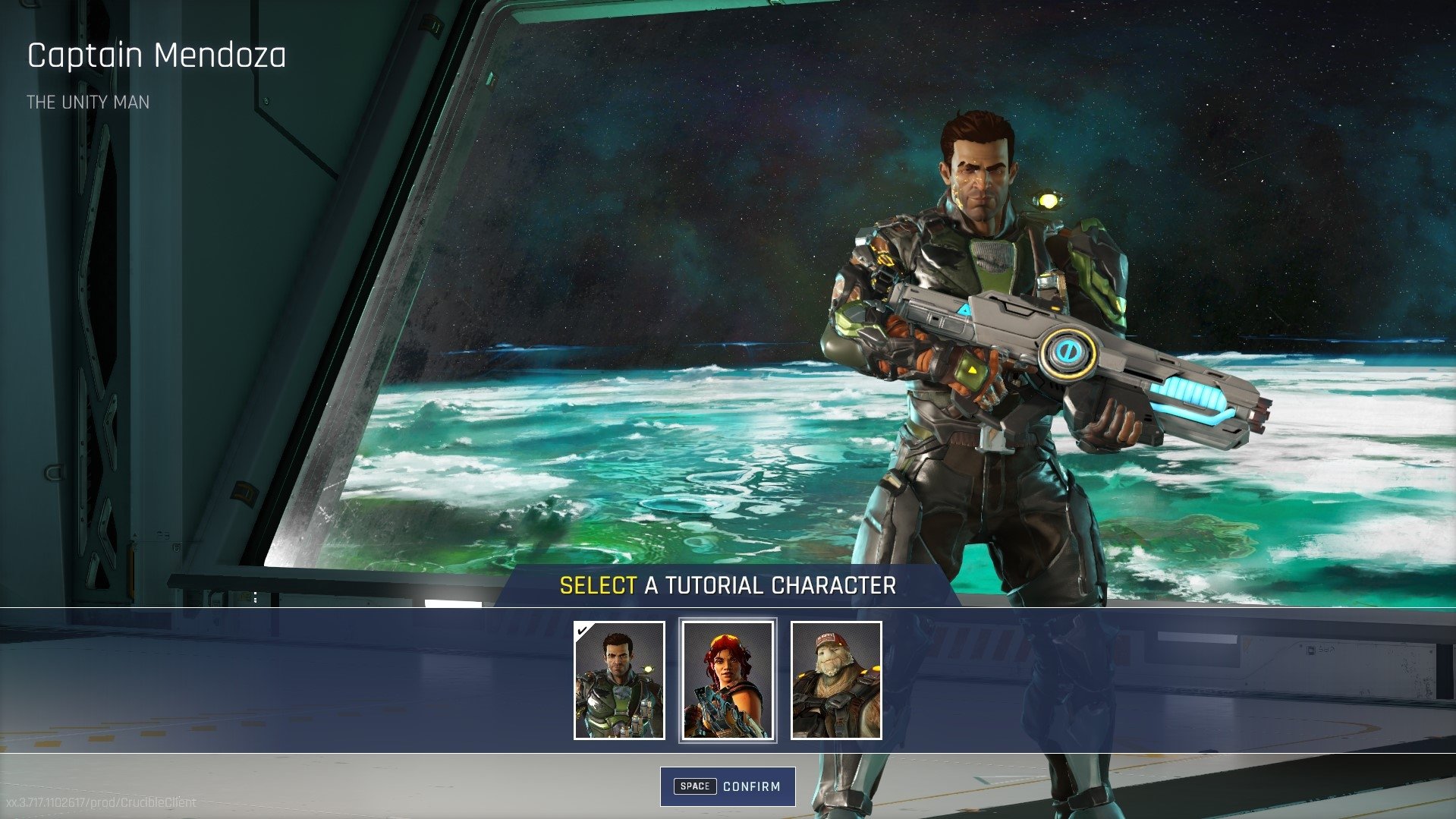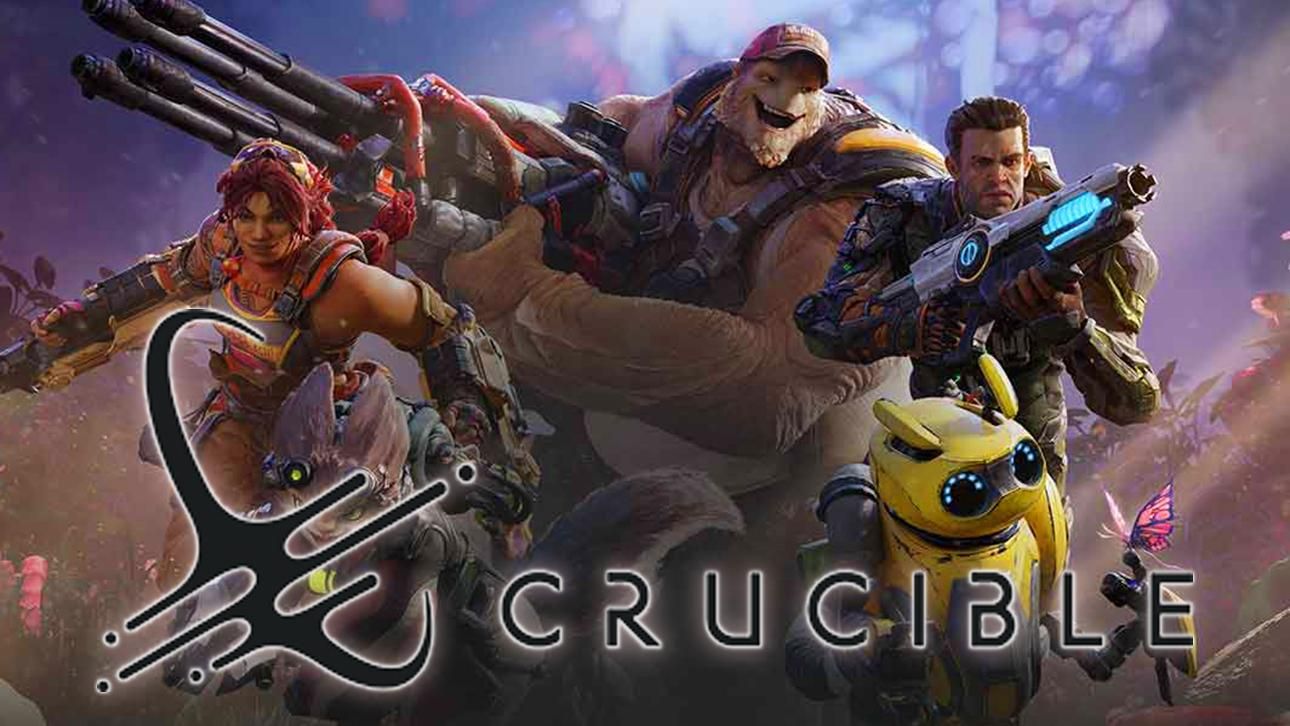
Also, as we add players, scaling is handled by GameLift automatically, again just with some simple rules set by us. It means that game server fleets become globally distributed, and this just works. GameLift’s turn-key multi-region queue support is also a win. GameLift’s FlexMatch is a big deal for us as it makes a very complex problem simple by providing a robust match making system driven by our own rules. The game servers themselves are hosted on Amazon GameLift, which offers dedicated, global, low-cost game server hosting. And, scaling is automatic, with no intervention or configuration required from us. We don’t have to think about the underlying system, and there’s nothing to patch or update except the code we wrote ourselves. With no persistent API servers in our backend, we don’t need someone up at 1 AM to reboot a box or manage certificates.

This reduces our operational load considerably.

How did we achieve this? Games and serverless technology, a match forged in the CrucibleĬrucible’s backend platform service is built entirely on AWS serverless technologies. If demand exceeds expectations, we’ll be able to scale up much more quickly than if we were running our own physical servers. One thing we want to avoid is players dealing with hiccups when they get their first taste of our new game. This backend helps ensure that the multiplayer experience is ready for players logging in on launch day. We’ve mitigated a bit of that terror by building a robust backend. It’s when players first see the fruit of years dedicated to a labor of love. Release day is always both exciting and terrifying. Crucible is a free-to-play team-based action shooter that goes live on May 20, 2020, just a few days from today.


I’m beyond excited to talk about the launch of our latest game, Crucible. Hi I’m Louis Castle, head of Relentless Studios, an Amazon Games development studio.


 0 kommentar(er)
0 kommentar(er)
